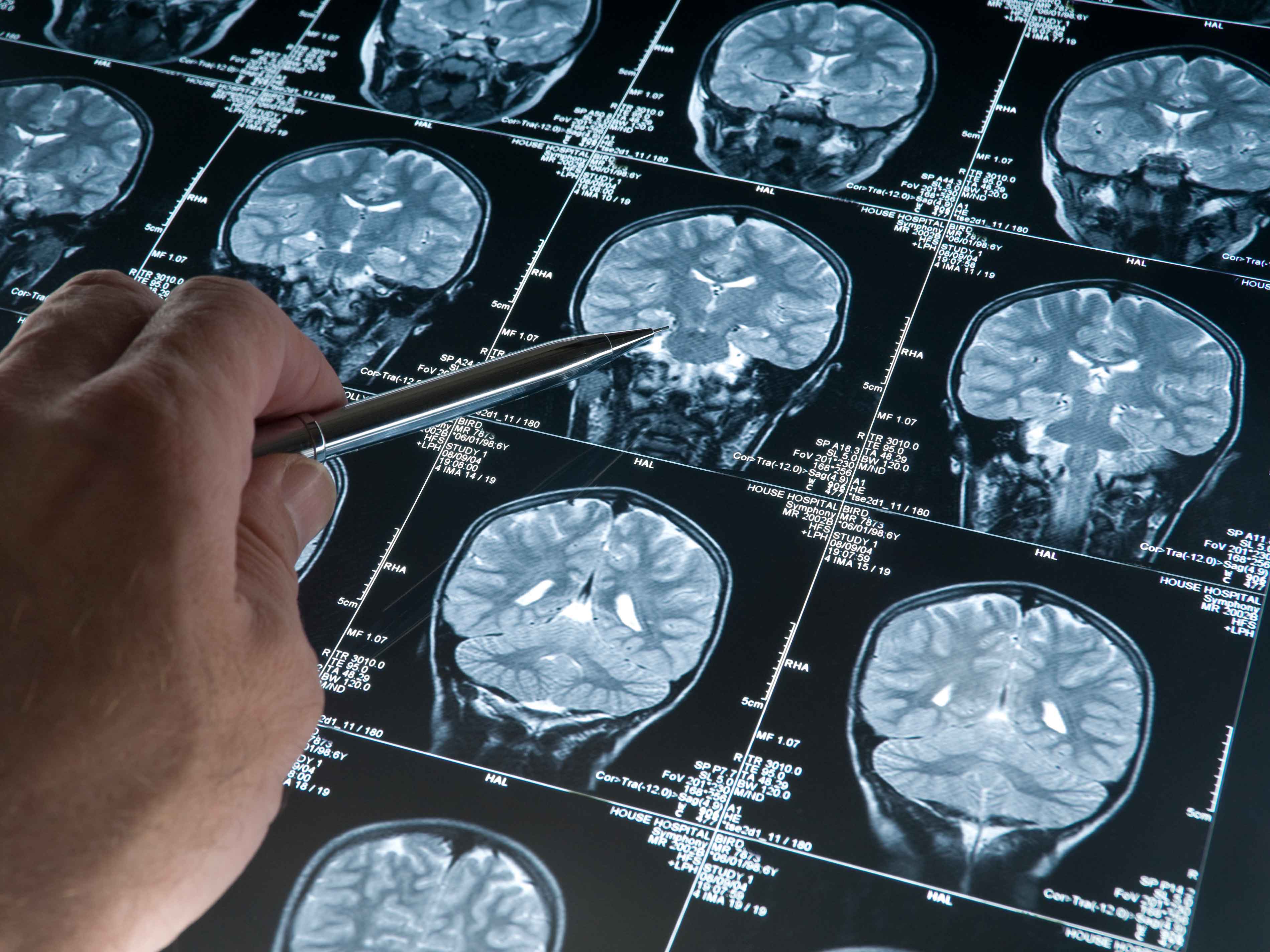PhenoMx executes MOU to develop strategic initiatives for Thailand’s biotech, life sciences and medical industries
The US-based healthtech company has announced a memorandum of understanding in partnership with the Thailand Centre of Excellence for Life Sciences

The memorandum of understanding between PhenoMx and TCELS includes the matchmaking of companies and research institutes in Thailand and the US to encourage more collaboration between different stakeholders across the industry
As part of the Bio Investment Asia 2019 conference, which took place on September 25-27 in Bangkok, Thailand, the Thailand Centre of Excellence for Life Sciences (TCELS) – a public organisation established by royal decree in 2011 under the Ministry of Higher Education, Science, Research and Innovation – and the US-based healthtech company PhenoMx announced the execution of a memorandum of understanding (MOU) to develop strategic initiatives for Thailand in the biomedical, life sciences and medical device industries.
Dr Nares Damrongchai, CEO of TCELS, and Mark Punyanitya, Co-Founder and CEO of PhenoMx, participated in the official signing ceremony, which was held at the TCELS Pavilion on September 27, 2019, following Punyanitya’s presentation on artificial intelligence and big data in medical imaging. As part of its Thailand 4.0 initiative, the Thai Government plans to make Thailand a leading destination for pharmaceuticals and medical devices, and a world-class provider of medical care.
Growing medical tourism has led the government to reinforce its policy to promote Thailand as the medical hub of the region
The MOU includes the matchmaking of companies and research institutes in Thailand and the US to encourage more collaboration between different stakeholders across the industry, as well as fostering innovation and commercialisation in the biomedical, life sciences and medical device industries. Specific areas of focus include artificial intelligence, big data, medical imaging with potential projects for ageing-cohort studies, biobanking, and national dementia screening. TCELS has taken part in value-chain development of the life sciences industry, supporting entrepreneurs in Thailand and research from upstream to downstream in order to meet national demand.
Thailand’s medical equipment industry has bright prospects, with an average growth of 8.5 to 10 percent annually (2016-19) – higher than the global average, largely due to the country’s ageing population. It has also been driven by medical tourism in Thailand, which is growing by 10 percent a year. This has led to private hospitals expanding their services and the government reinforcing its policy to promote Thailand as the medical hub of the region.
Meanwhile, the Thailand Board of Investment offers incentives to attract more foreign investors to use Thailand as a production base for medical equipment. However, it should be noted that an inflow of international companies might intensify market competition and affect the business performance of smaller producers.
In 2017, the medical equipment market in Thailand was valued at $1.24bn. A total of 538 producers were registered with the Department of Business Development as of January 2018, supplying 62.2 percent of equipment, 18.3 percent of durable medical equipment, 8.4 percent of molecular diagnostics reagents and equipment, 2.3 percent of services and software supplies, and 8.4 percent in other categories. Thailand is, therefore, a major importer and exporter of medical equipment in the ASEAN region.
In 2017, the global medical equipment industry had a total value at $361bn; this figure is expected to reach $436bn in 2020, with an average growth of 6.4 percent annually. Durable medical equipment made up the majority of existing industry, with 76 percent of the total market, while supplies accounted for 20 percent and diagnostics reagents and equipment sets for four percent.













